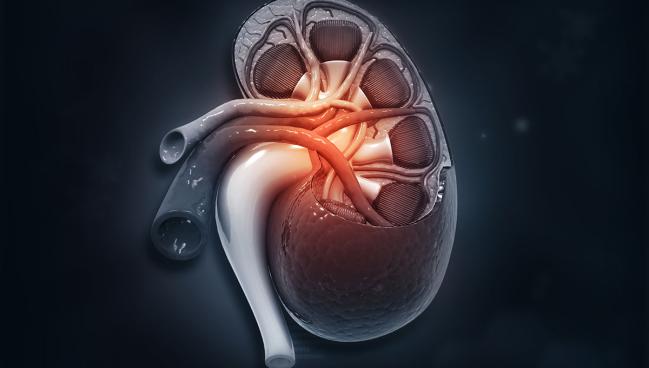CMS Issues Proposed Coverage Decision for Renal Denervation
If finalized, this will help ease uptake of the procedure, which has been held back by reimbursement issues.

On Thursday, the US Centers for Medicare & Medicaid Services (CMS) issued its proposal for covering radiofrequency- or ultrasound-based renal denervation for the treatment of uncontrolled hypertension, kicking off a 30-day public comment period.
According to the proposed national coverage determination (NCD), the procedure would be reimbursable under the coverage with evidence development process, which requires treatment within the context of a CMS-approved study.
Patients would have to have a diagnosis of uncontrolled hypertension (blood pressure over 140/90 mm Hg) made using ambulatory monitoring or serial home measurements despite management by a clinician with primary responsibility for BP management. In addition, secondary causes of hypertension would have to be evaluated and treated before determining that BP is uncontrolled, and patients would have to be on stable doses of maximally tolerated guideline-directed medical therapy, including lifestyle modifications, for at least 3 months before they could be referred for renal denervation.
The CMS proposal also lays out criteria for physicians and facilities providing renal denervation. Of note, centers would be required to have a multidisciplinary hypertension program involving a hypertension clinician with “longitudinal patient management responsibility,” a hypertension navigator, and representatives from other relevant specialties, such as internal medicine, endocrinology, cardiology, and nephrology.
CMS opened its national coverage analysis of renal denervation back in January and a final decision on the NCD is expected in October.
Reimbursement issues have been cited as one of the obstacles for broader uptake of the procedure in the United States, where there are currently two Food and Drug Administration-approved systems available: the ultrasound-based Paradise system (Recor Medical) and the radiofrequency-based Symplicity Spyral system (Medtronic), both cleared in November 2023. An NCD would likely facilitate greater use.
Though the efficacy and safety of renal denervation are now supported by multiple sham-controlled trials involving patients with or without background antihypertensive therapy, CMS pointed to some limitations of the evidence base, including the short duration of follow-up. “These studies only measured BP and were not designed to capture long-term health sequalae of hypertension, including preventing hypertension-associated end-organ damage and survival,” the agency said. “Since hypertension treatment is usually required for life, long-term studies are needed to demonstrate the durability of treatment and improved health outcomes.”
Recor Medical, along with its parent company Otsuka Medical Devices, and Medtronic both released statements in support of the proposed NCD.
Todd Neale is the Associate News Editor for TCTMD and a Senior Medical Journalist. He got his start in journalism at …
Read Full BioSources
Centers for Medicare & Medicaid Services. Renal denervation for uncontrolled hypertension. Published on: July 10, 2025. Accessed on: July 11, 2025.





Comments